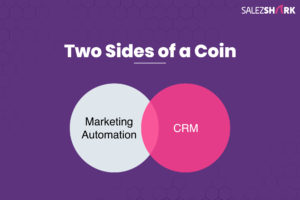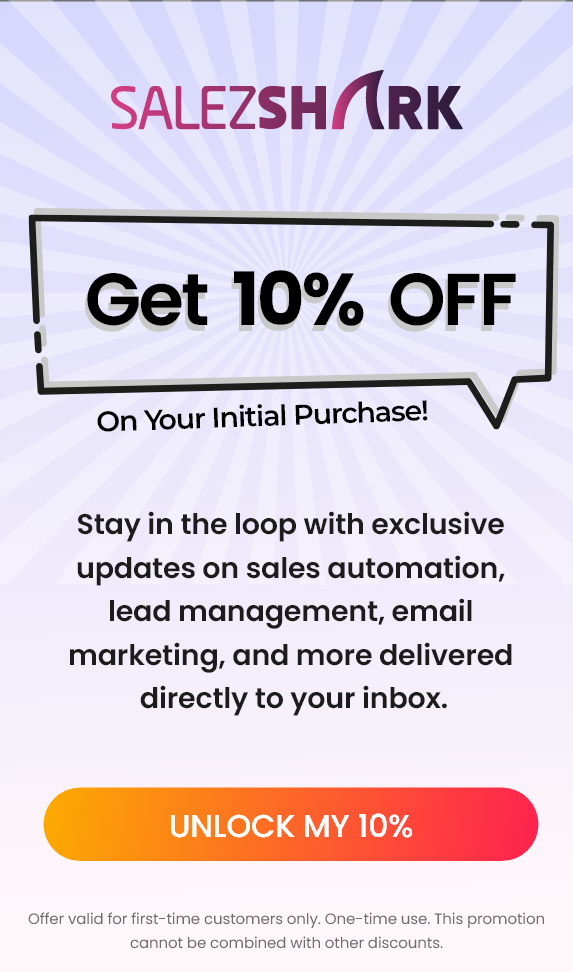Generally, people consider marketing automation and CRM software to serve almost the same purpose for businesses to generate revenue. Many marketing and sales professionals also find it difficult to differentiate between the two. However, if the difference between these two technologies gets clear it will be easier for businesses to overcome the obstacles that usually occur. Both of these technologies are the two sides of the same coin and apart from utilizing the same information by each of them, everything else is quite different. Both of these technologies may overlap in terms of information utilization but their functionalities are completely different.

Before we dive into the comparison of both the technologies, let us first explore what marketing automation software & CRM software mean?
Marketing automation software helps you to understand your buyers’ journey. It helps you to track the top-of-the-funnel activities entailing the number of website visitors, the open rate of emails, number of clicks on your blogs, and so on. It also helps you in scheduling and tracking multiple marketing campaigns in advance by leveraging its automation feature. This software also enables you to conveniently segment the leads and the prospects into a separate mailing list, on the basis of the previous interactions with your company.
On the other side, CRM (Customer Relationship Management) software plays a vital role in enabling you to keep a track of your customer interactions by offering a 360-degree view of your customer journey. It helps you to maintain a strong bond of relationship with your past, present, and future customers. The mobile and cloud CRMs nowadays help in getting access to customer data at any time and anywhere. It helps sales experts to view the details of their customers entailing their past interactions, the current status of a purchase, and so on.
Therefore, both technologies are important and different from each other. Marketing automation software is a new concept in comparison to CRM (Customer Relationship Management) software and equally important. Both the technologies have their importance and if any organization wants to stand apart as a winner in a highly competitive market must implement both of these technologies as they both are dependent on each other and complement each other. Let us look at how?
CRM Software in the Absence of Marketing Automation Software
CRM software plays a vital role in storing the prospects’ information and driving the sales cycle. It helps your sales and marketing experts to evaluate the sales pipeline but at the same time also restricts them to contemplate the buyer’s journey. CRM software in the absence of marketing automation software fails to enable you to track the source of your leads. Due to this, you fail to understand and resonate with the needs and expectations of your targeted buyers and their buying preferences & behavior. This also leads to poor lead nurturing as you fail to showcase your products and services that act as a solution to your buyers’ pain points.
Marketing Automation Software in the Absence of CRM Software
Undoubtedly marketing automation software plays a vital role in enabling you to understand your buyers’ buying behavior, preferences, needs, and expectations. However, your all marketing efforts may go in vain if you fail to convert those leads into paying customers. CRM software helps you to manage your leads effectively. It helps you to streamline your leads by arranging them into a sales funnel. Based on the number and kind of interaction, leads can be placed into the sales funnel of CRM software that helps sales professionals to prioritize leads and convert them into paying customers.
Hence, if the marketing automation software helps you in understanding your buyers’ journey and generating awareness among buyers regarding your products and services, then on the other side, the CRM software helps you to set up the purchase process of your products and services.
